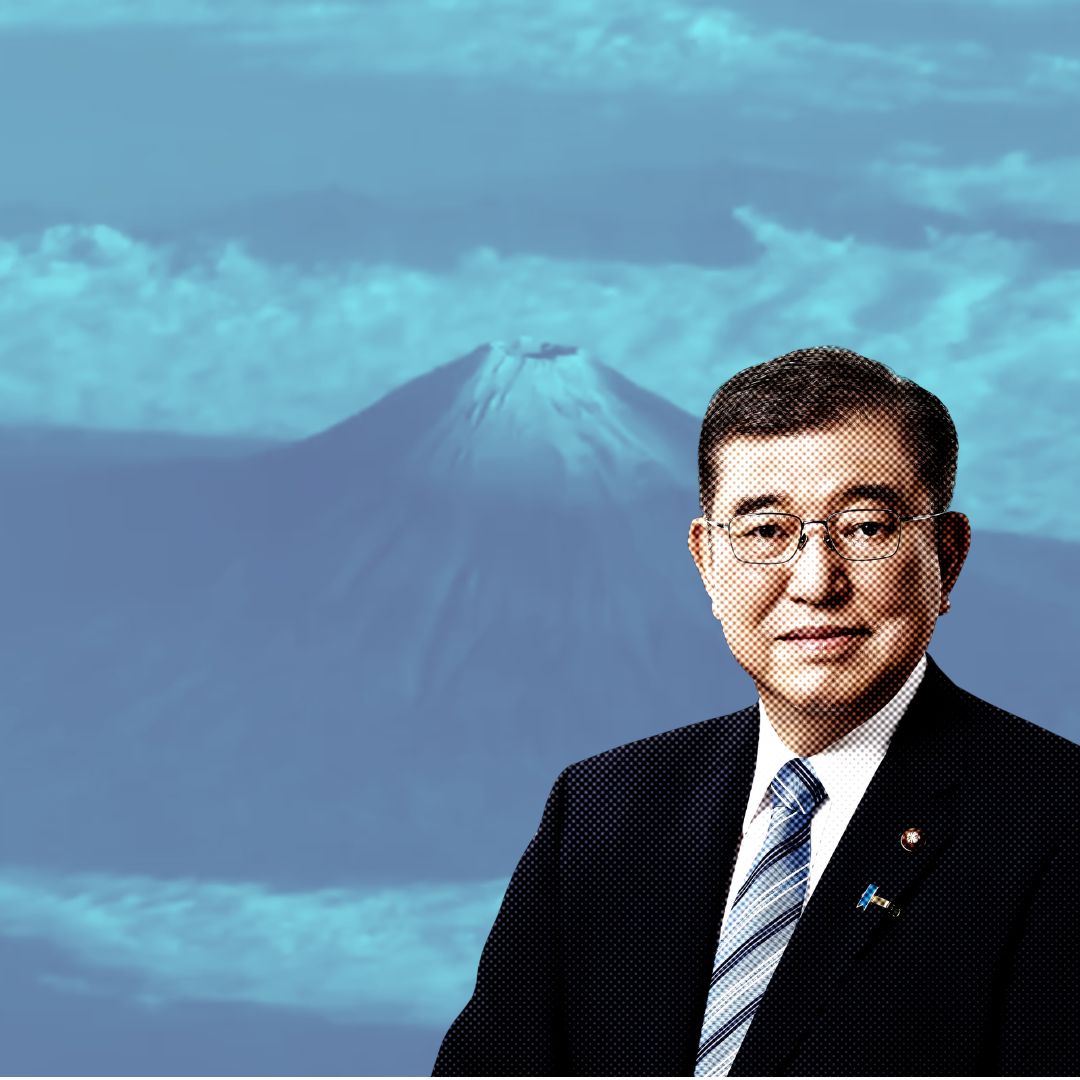Snow has finally fallen on Japan’s Mount Fuji, ending the longest snowless period in 130 years. The first snowfall was observed on November 6, 2024, more than a month later than usual, following an exceptionally warm autumn. The Japan Meteorological Agency (JMA) has yet to confirm the snowfall due to cloudy conditions obstructing their monitoring station’s view. This year’s snowfall breaks the previous record of October 26 for the latest first snowfall, which occurred in 1955 and 2016.
A Historic Delay in Snowfall
Mount Fuji received its first snowcap of the season on November 6, 2024, a significant event given its cultural and national importance as Japan’s tallest peak at 3,776 meters. Traditionally, snow begins to cover Fuji by early October; however, this year it was delayed until November due to unseasonably warm temperatures. The Kofu Local Meteorological Office has not yet confirmed the snowfall but noted that temperatures at the summit averaged 1.6°C in October—the highest for that month since records began in 1932. Local resident Akiko Tanaka expressed mixed feelings: “Seeing snow on Fuji again feels like a relief, but it also makes me worry about what this means for our future.” This sentiment reflects a growing awareness of how climate change is impacting natural cycles.
The Climate Change Connection
This year’s record delay follows one of Japan’s hottest summers on record, with average temperatures rising significantly across the country. Experts warn that such weather patterns may become more common due to climate change. While meteorological officials have stated it is too early to directly link this year’s late snowfall to climate change, they acknowledge that various factors are at play. Prime Minister Shigeru Ishiba has emphasized the need for urgent action on climate issues, stating that “we must recognize the changes happening around us and take steps towards sustainability.” Takefumi Sakaki, an official from Fujiyoshida City, expressed concern about the implications of this delayed snowfall: “This is the first time we have seen snow on the mountain in November. Everyone feels strange not seeing snow at this time.” Climate scientist Dr. Hiroshi Yamamoto emphasized that “the changing weather patterns we are witnessing are indicative of a larger global trend that demands our immediate attention,” highlighting our collective responsibility to address these issues.
Economic and Cultural Implications
The delay in snowfall not only affects local sentiment but also poses economic challenges for communities reliant on winter tourism. Businesses catering to skiers and hikers may face reduced foot traffic as winter activities are delayed. Mount Fuji holds immense cultural significance in Japan, inspiring countless works of art and literature throughout history. Its iconic image is deeply embedded in Japanese identity; however, its changing landscape raises concerns among locals about cultural continuity and environmental stewardship. As local artist Satoshi Nakamura reflected, “Mount Fuji is more than just a mountain; it represents our connection to nature and tradition.” This connection urges us all to adopt a pro-planet lifestyle that prioritizes sustainability.
The Logical Indian’s Perspective
The delayed snowfall on Mount Fuji serves as a poignant reminder of our changing climate and its effects on our natural landmarks. As we celebrate the beauty of this iconic mountain, we must reflect on our responsibility towards environmental stewardship and sustainable practices. The emotional responses from residents highlight a deep connection to nature that transcends mere aesthetics; it calls for a collective effort to address climate issues through mindful consumption and community engagement. How can we as individuals and communities foster sustainable practices that protect our environment while preserving the beauty of our natural landmarks like Mount Fuji? Together, we can create a movement towards a pro-planet lifestyle—one mindful choice at a time.











